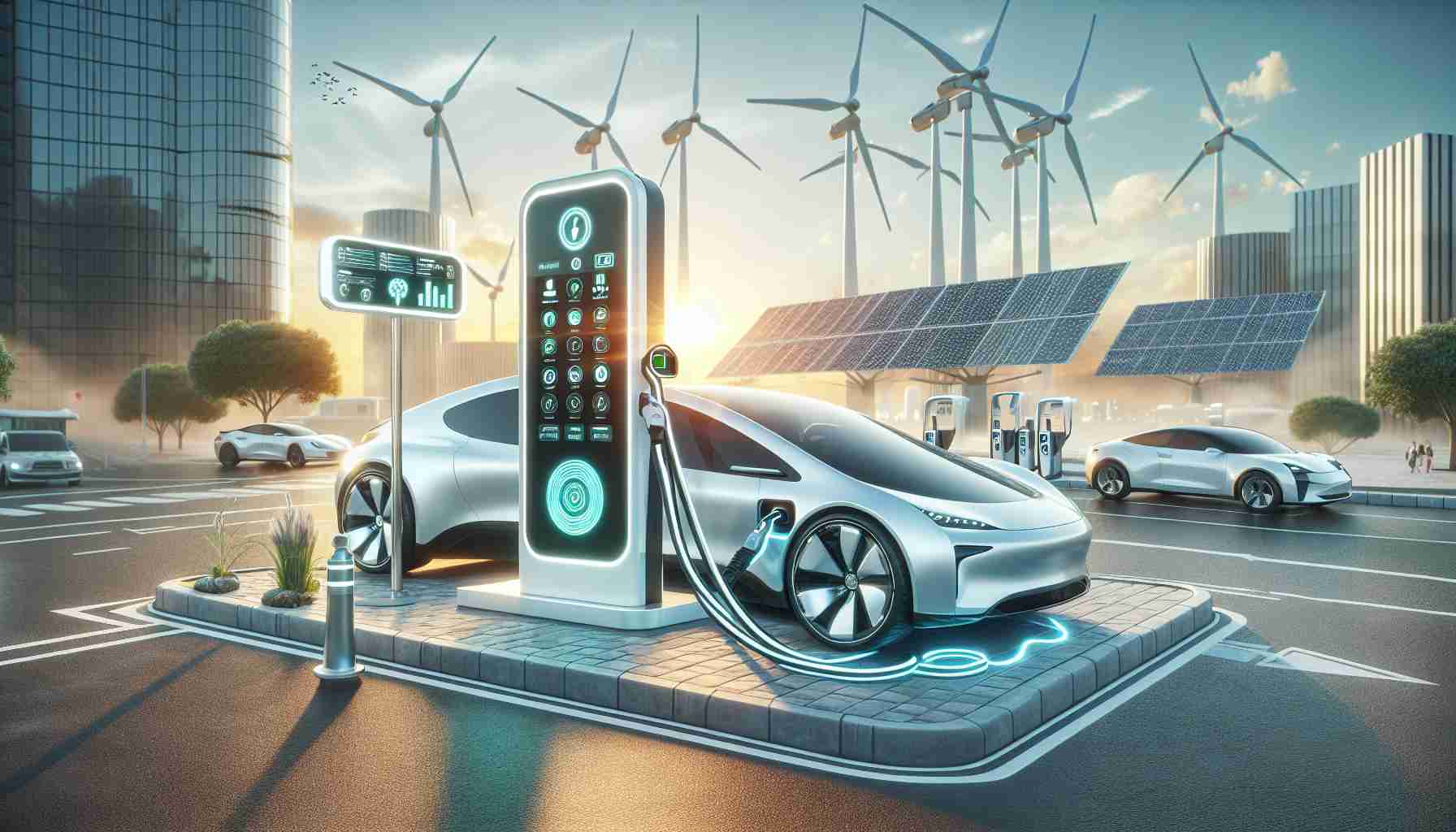Summary:
Electric vehicles (EVs) have gained considerable popularity in recent years due to their eco-friendly nature and potential to reduce carbon emissions. However, one key concern for EV owners is the availability and efficiency of charging stations. This article delves into the future of electric vehicle charging, discussing advancements in technology, the rise of fast-charging infrastructure, and the challenges that lie ahead.
Advancements in EV Charging Technology
In order to meet the increasing demand for electric vehicles, researchers and companies are continuously working on improving EV charging technology. This includes the development of high-capacity batteries for longer ranges and more efficient charging processes.
One such advancement is the introduction of wireless charging technology. Wireless charging systems use electromagnetic fields to transfer energy between a ground pad and a receiver pad placed on the vehicle. This eliminates the need for physical connectors, making charging more convenient and efficient.
Additionally, there are efforts to standardize charging protocols for EVs. The aim is to establish universal charging standards that will allow all electric vehicles to use any charging station, regardless of the manufacturer. This will provide EV owners with more flexibility and alleviate concerns about compatibility.
The Rise of Fast-Charging Infrastructure
Fast-charging stations offer a significant advantage for EV owners, as they drastically reduce the charging time compared to conventional charging methods. These stations utilize higher power levels to charge the batteries at a faster rate, accommodating the needs of those on the go.
To encourage the adoption of EVs, governments and private companies are investing in the expansion of fast-charging infrastructure. The installation of fast-charging stations along highways, in urban areas, and at popular destinations is intended to alleviate range anxiety and promote the usage of electric vehicles on longer trips.
Furthermore, advancements in battery technology and charging infrastructure have made ultra-fast charging a possibility. Companies are now developing chargers that can deliver power levels of up to 350 kilowatts, providing a significant boost to charging speeds. Although these ultra-fast charging stations are currently limited, they are likely to become more prevalent in the future.
Challenges in EV Charging
Despite the progress made in electric vehicle charging, there are still several challenges that need to be addressed. One major hurdle is the limited availability of charging stations, particularly in rural and remote areas. Expanding the charging infrastructure to these locations will be crucial in order to make EVs a viable option for all drivers.
Another challenge is the strain on the power grid. As more electric vehicles hit the road, the existing power infrastructure may struggle to handle the increased demand for electricity. Solutions such as smart charging systems, which optimize charging times based on grid capacity, will be crucial to manage this potential issue.
Moreover, the cost of charging can be a concern for some EV owners. While home charging is generally more affordable, public charging stations may have varying pricing structures. Implementing transparent and standardized pricing models will help increase confidence and accessibility for EV owners.
Frequently Asked Questions (FAQ)
Q: Are electric vehicles the future of transportation?
A: Electric vehicles are a promising solution to reduce carbon emissions and dependence on fossil fuels. However, the future of transportation will likely involve a mix of electric vehicles, fuel-cell vehicles, and other alternative fuel options.
Q: How long does it take to charge an electric vehicle?
A: The time taken to charge an electric vehicle depends on various factors such as the charging speed, the battery size, and the state of charge. Standard charging can take several hours, while fast-charging stations can provide a significant charge in approximately 30 minutes.
Q: How much does it cost to install a home charging station?
A: The cost of installing a home charging station varies depending on several factors, including the electrician’s rates, the location of the installation, and the requirements of the charging equipment. On average, home charging stations can cost between $500 to $2,500, inclusive of installation.
Q: Can electric vehicles be charged at regular power outlets?
A: Yes, electric vehicles can be charged using regular power outlets, but the charging speed is significantly slower compared to dedicated charging stations. Using a standard power outlet can take several hours or even overnight to provide a full charge.
Sources:
– Clean Technica. Available at cleantechnica.com.
– Electric Vehicle Charging Association. Available at evchargingassoc.org.
– Green Car Reports. Available at greencarreports.com.
The source of the article is from the blog jomfruland.net
